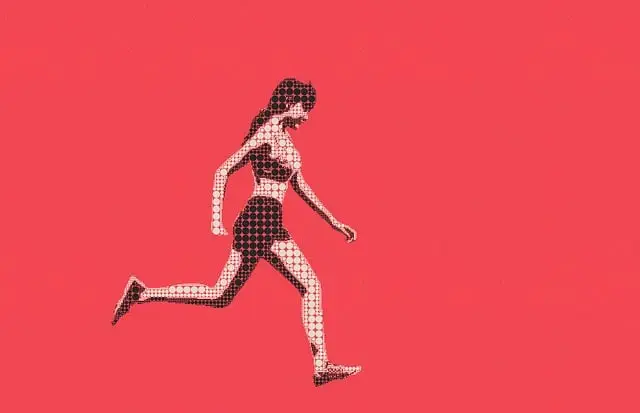Chronic inflammation, driven by modern lifestyle factors like stress and diet, can harm mental health, increasing depression risk due to its impact on the brain's nerve cells. Research links elevated pro-inflammatory markers to depression, opening doors for alternative treatments like kratom supplements. Kratom, derived from Mitragyna speciosa, has anti-inflammatory properties and interacts with opioid receptors to modulate the immune response, making it a promising best kratom for depression beyond conventional pharmaceuticals. Different kratom strains have distinct effects; understanding individual needs and consulting healthcare professionals is crucial when selecting the optimal best kratom for depression.
“Uncover the potential power of kratom supplements in mitigating inflammation and supporting mental well-being. This comprehensive guide explores the science behind this ancient herb’s anti-inflammatory properties, shedding light on its promise as a natural remedy. We delve into the impact of chronic inflammation on mental health and present an evidence-based approach to choosing the best kratom strains for depression. Discover how specific varieties can offer relief, providing a holistic perspective on managing both physical and psychological conditions.”
- Understanding Inflammation and its Impact on Mental Health
- The Role of Kratom in Reducing Inflammation: Science Behind the Supplement
- Choosing the Best Kratom for Depression: Effective Strain Selection
Understanding Inflammation and its Impact on Mental Health

Inflammation, a natural process that protects our bodies from infections and injuries, can become problematic when it’s chronic. In today’s fast-paced world, many factors contribute to sustained inflammation, including stress, poor diet, and environmental toxins. When left unchecked, this low-grade inflammation has been linked to various mental health issues, such as depression. The brain, with its intricate network of nerve cells, is particularly susceptible to the damaging effects of chronic inflammation. This can disrupt neurotransmitters, leading to mood disorders and cognitive impairments.
Depression, in particular, has been associated with elevated levels of pro-inflammatory markers in the body. Understanding this connection opens doors to potential treatments, such as kratom supplements. Best known for its pain-relieving properties, kratom has gained attention for its anti-inflammatory effects, offering hope for those struggling with depression and seeking alternative solutions beyond conventional medications.
The Role of Kratom in Reducing Inflammation: Science Behind the Supplement

Kratom, derived from the tropical plant Mitragyna speciosa, has gained significant attention for its potential in reducing inflammation, making it a promising alternative for those seeking relief from chronic inflammatory conditions and pain. The science behind kratom’s anti-inflammatory properties is multifaceted. Studies suggest that specific compounds within kratom leaves, particularly mitragynine and 7-hydroxymitragynine, interact with opioid receptors in the body, modulating the immune response and decreasing inflammation.
Beyond its interaction with opioid receptors, kratom exhibits potent antioxidant activities, which play a crucial role in mitigating oxidative stress often associated with chronic inflammation. This dual mechanism of action makes kratom an intriguing option for managing various inflammatory conditions, including those related to depression and anxiety, where inflammation is increasingly recognized as a contributing factor. Moreover, the gentle sedative effects of certain kratom strains can provide relief from insomnia and restlessness, making it a potentially effective best kratom for depression, offering both anti-inflammatory and mood-regulating benefits.
Choosing the Best Kratom for Depression: Effective Strain Selection

When considering kratom as a potential supplement for managing depression, it’s crucial to understand that different strains offer varied effects. The best kratom for depression depends on individual needs and preferences. Strains like Red Bali, Maeng Da, and Thai Kratom are popular choices due to their balanced profiles of mitragynine and 7-hydroxymitragynine (7-HMG), which can help regulate mood and reduce inflammation.
Each strain has unique properties; for instance, Red Bali is known for its calming effects, while Maeng Da offers a more energizing yet soothing experience. When selecting the best kratom for depression, consider your specific symptoms and desired outcomes. It’s also essential to consult with a healthcare professional before incorporating any new supplement into your routine.
Kratom has emerged as a potential natural solution for managing inflammation and its impact on mental health, particularly in cases of depression. By understanding how kratom interacts with our body’s inflammatory systems, we can make informed decisions about strain selection. When choosing the best kratom for depression, it’s essential to opt for strains known for their anti-inflammatory properties, such as Maeng Da or Red Bali. Through proper research and consultation, individuals can harness the power of kratom to potentially reduce inflammation and improve overall mental well-being.






